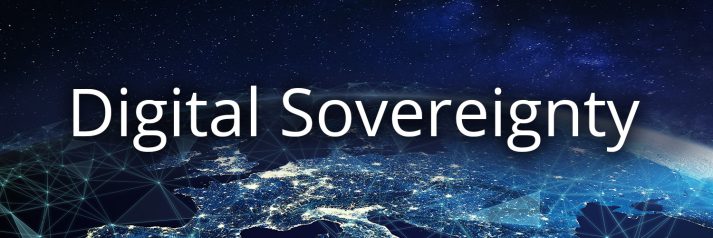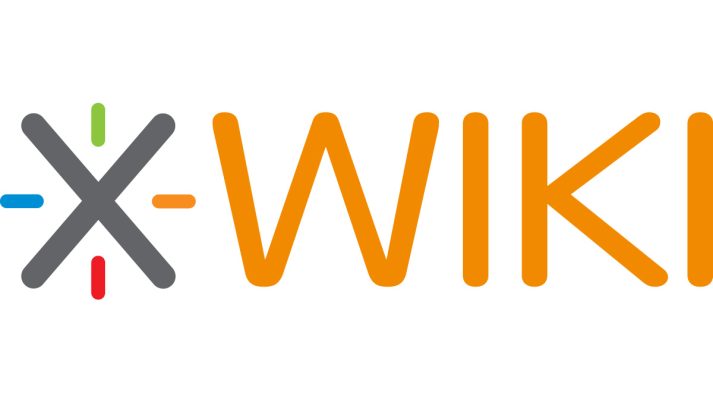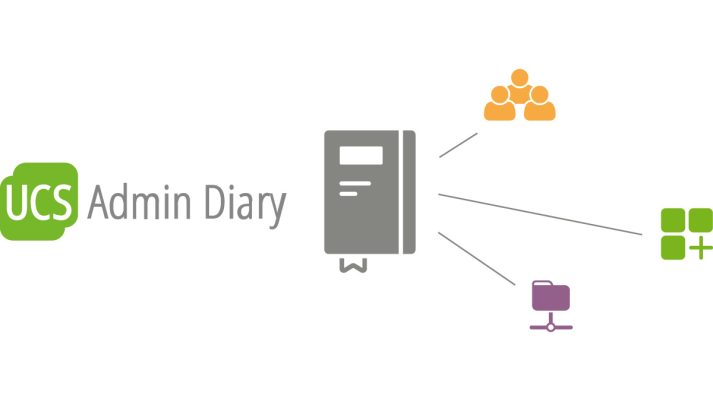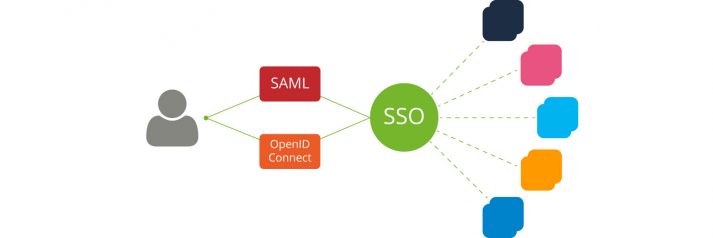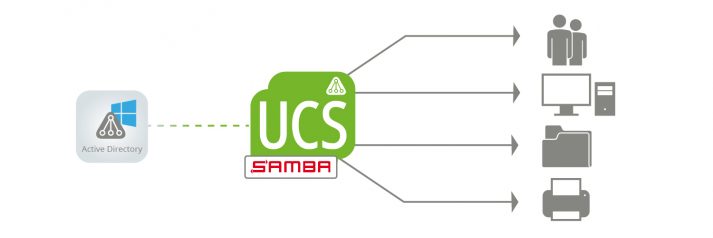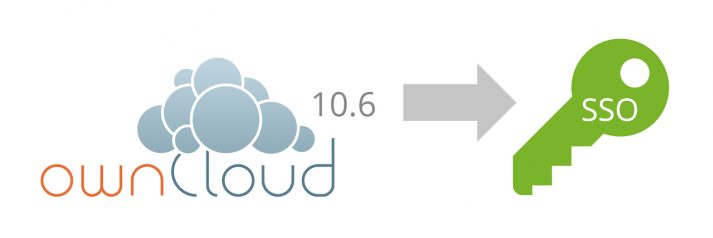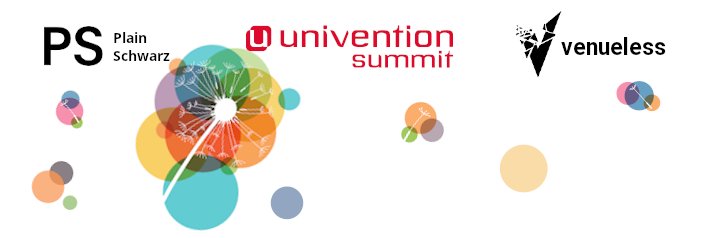Blog Series about Digital Sovereignty
Part 1: How to secure the ability to create and control for Germany and Europe with Open Source Software
What is Digital Sovereignty? Why is it so important? Where does OSS come into play for the development of an intra-European solution and what contribution does Univention make? These are the very questions our working student Ann-Kathrin addresses in part one of this blog series on Digital Sovereignty.
